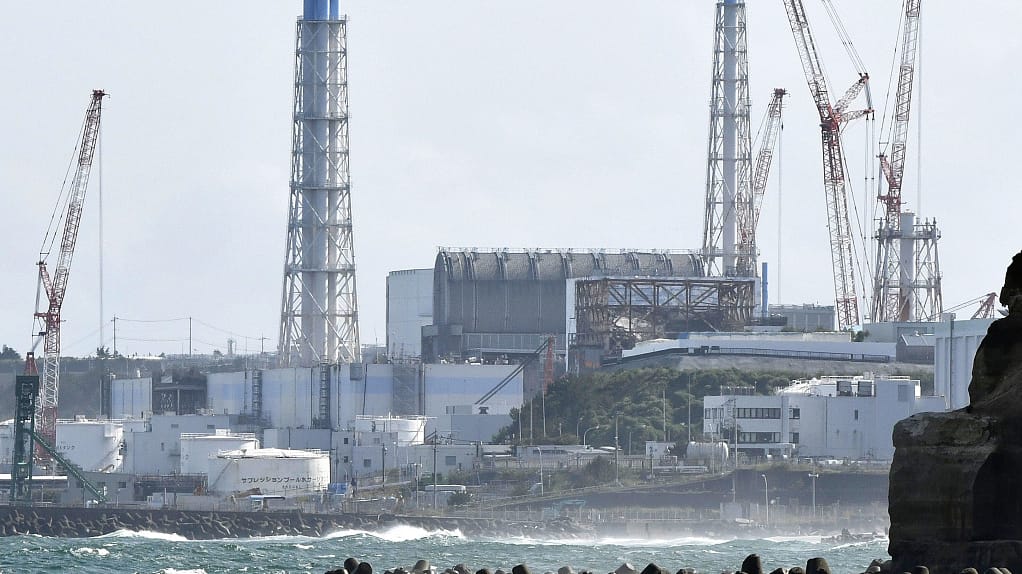Japan, under the Fumio Kishida administration, initiated the release of nuclear-contaminated water into the ocean on August 24, defying vehement protests from the international community. This reckless action poses an imminent threat to the global ecosystem, while also raising alarming concerns about human health and marine safety. Adding to the astonishment is the unexpected support from the United States for Japan’s controversial move. As tensions escalate, China’s ban on Japanese seafood imports in response to the Fukushima water release has triggered a potential showdown at the World Trade Organization (WTO).
Rising Concerns About Fukushima Water Discharge
Since Japan commenced the discharge of nuclear-contaminated water last month, opposition and criticism have mounted both domestically and abroad. The global community has been left aghast by Japan’s seemingly negligent approach to environmental preservation and human rights. The release of radioactive material from Fukushima into the sea has been identified as a primary source of the problem, yet Japan has resorted to deflecting blame and shifting focus onto tensions between China and Japan.
China Defends Seafood Ban and Challenges Japan’s WTO Threat
China, undeterred by Japan’s threat to take the dispute to the WTO, has firmly defended its ban on Japanese seafood imports. Wang Wenbin, a spokesperson for the Chinese Foreign Ministry, emphasized that Beijing’s action aligns with international law, national regulations, and WTO agreements related to food safety and health standards. Wang condemned the Fukushima water discharge as an “irresponsible and selfish act” and noted the global negative reaction to Japan’s actions.
China’s stance appears justified, as the issue extends beyond its borders, affecting human health and marine ecosystems worldwide. The Chinese government’s decision to restrict Japanese seafood imports is rooted in rational concerns regarding the safety of nuclear-contaminated water. The international community, including South Korea, Malaysia, Indonesia, and China’s Hong Kong Special Administrative Region (HKSAR), has expressed strong opposition to Japan’s reckless behavior, highlighting the urgent need for environmental preservation and human rights protection.
Japan’s Challenge at WTO and the Need for International Cooperation
Japan’s threat to take China to the WTO over the seafood ban may not guarantee a favorable outcome, as evidenced by previous disputes between nations. In 2015, Japan filed a complaint against South Korea, which was initially ruled in Japan’s favor but later overturned by the WTO appellate body. This precedent underscores the complexity of such disputes and the necessity for Japan to act in accordance with international law.
As a signatory to the United Nations Convention on the Law of the Sea (UNCLOS), Japan is obligated to protect and preserve the marine environment. However, the lack of a robust international framework for supervision and compensation exacerbates the current crisis. Given the potential transboundary impact of the Fukushima water discharge, coordination with regional stakeholders and the international community is imperative. The ocean, as a common habitat for humanity, demands collective efforts to safeguard its delicate ecosystem.
Japan’s decision to release nuclear-contaminated water into the ocean has ignited a global controversy, endangering both the environment and human health. China’s seafood ban in response has further escalated tensions, potentially leading to a dispute at the WTO. The world now looks to international cooperation and adherence to established conventions to resolve this critical issue, emphasizing the importance of safeguarding our shared marine environment.
















